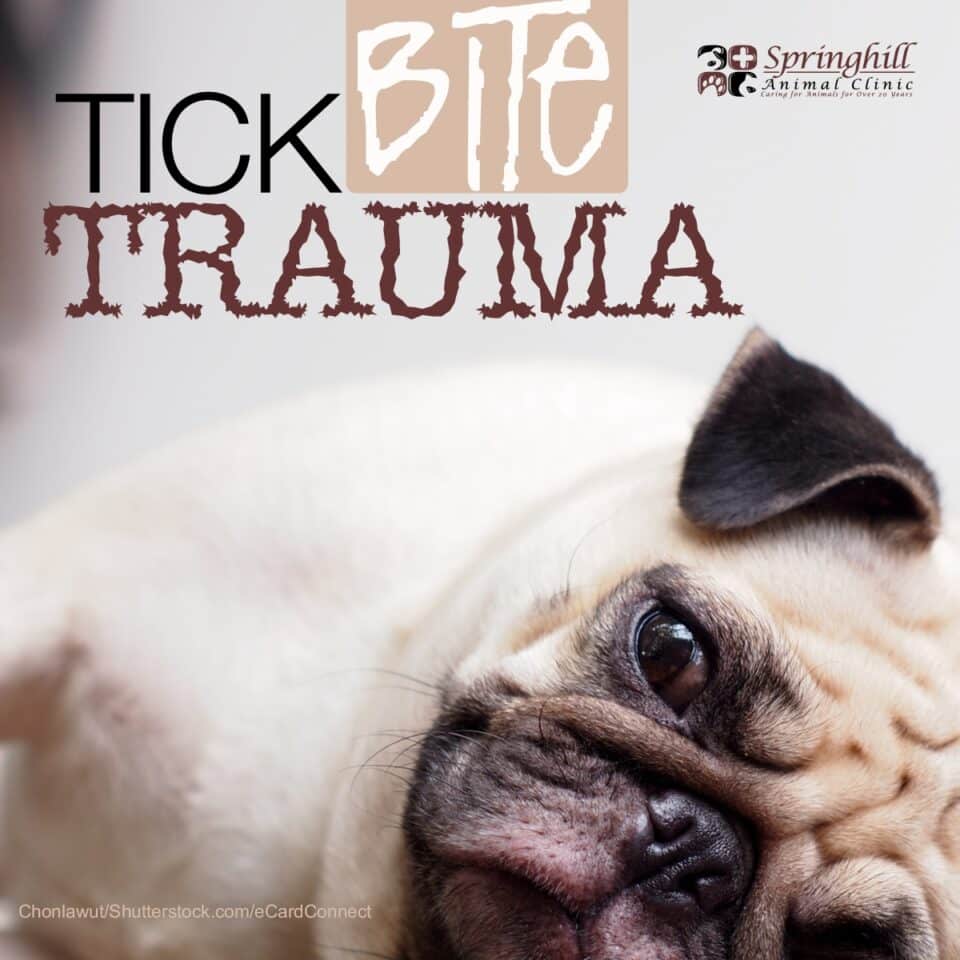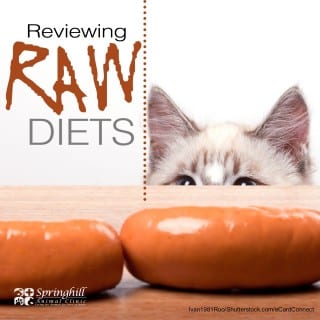From shopping trips to advertising, pet parents are bombarded with dozens of food choices for their four-legged companion, each touting reasons why it’s the best diet for their pet. But just like people, every pet is an individual, and the right food for one may be completely inappropriate for another. For example, many food producers offer varieties for different stages of your pet’s life, and this is important. Giving a puppy or kitten adult dog or cat food will deny him the higher levels of calories, protein and other ingredients needed for optimal growth. Conversely, feeding an adult dog or cat puppy or kitten food will likely result in the adult pet becoming overweight. Senior pets often need a food that is easily digested, and there are still more varieties tailored to those with physical conditions like dry skin or a sensitive stomach.
Once the appropriate life stage is selected, it?s important to assess the ingredients. Like people food, pet food ranges in quality, and just because the label shows that it meets industry standards doesn?t mean it’s a nutritious diet. A lot of the most inexpensive foods incorporate just enough low-grade ingredients to pass inspection, but these diets are not easily digested, and many pass through your pet without any of the important nutrients being absorbed. A quality pet food should have a high-grade protein source (meat, fish, eggs, etc.) as its primary or secondary ingredient on the label.
If all this sounds a little overwhelming, don’t worry. The easiest way to choose the best food for your pet is to let us provide a nutritional assessment for him. Because of our familiarity with your cuddly companion, we can recommend a food that will provide him with maximum nutrition and benefits for his particular life stage. We look forward to assisting with this important part of your pet?s overall health regimen.



